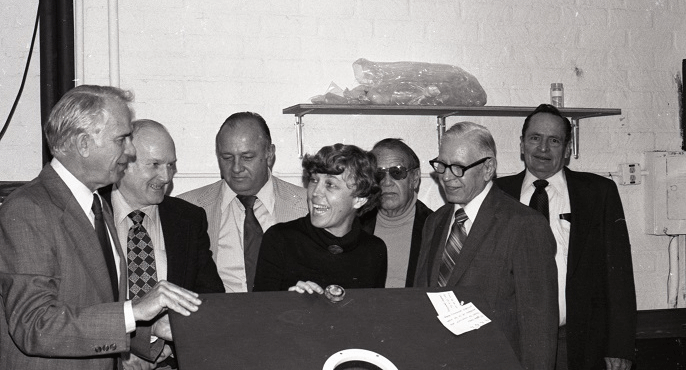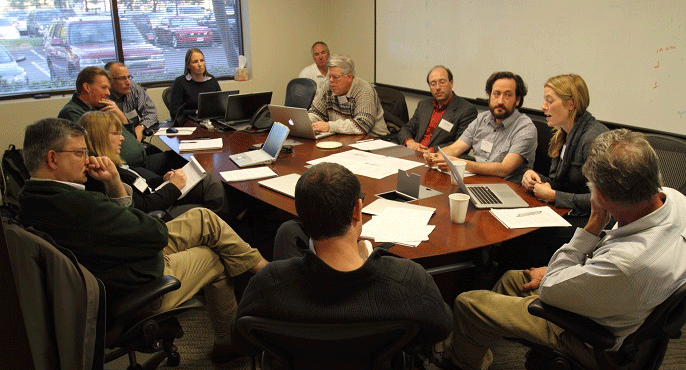One of SCCWRP’s top six accomplishments of its first 50 years
SCCWRP has created a neutral, collaborative setting where water-quality managers with divergent viewpoints can come together to discuss and debate science.
SCCWRP’s top six accomplishments
The six most important, managerially relevant accomplishments of SCCWRP’s first 50 years, as identified by those who’ve helped make SCCWRP the organization it is today
Technical accomplishments
Organizational accomplishments
Southern California’s water-quality management community is divided into two main camps: the agencies responsible for managing land-based inputs to the coastal ocean, including discharges of runoff and treated wastewater effluent, and the agencies that oversee and regulate these discharges. Because these two groups view issues through different lenses, there is potential for tension and distrust that can stymie progress and forward momentum.
SCCWRP has played an invaluable role in bringing these two groups together in a neutral, collaborative forum to advance the science around water-quality management. SCCWRP has proactively positioned itself as a “safe space” – a neutral, third-party forum where divergent management interests can come together during meetings, workshops, and public forums to learn about, discuss, and debate the management implications of the latest science.

Nowhere is SCCWRP’s success in cultivating management collaboration more apparent than in the SCCWRP Commission. Comprised initially of wastewater dischargers only, the Commission in 1990 invited the agencies that regulate the dischargers to join SCCWRP. Consequently, two sectors with often-diverging viewpoints became responsible for co-governing SCCWRP. Stormwater management agencies and the California Ocean Protection Council were added later, further broadening the Commission’s diversity of perspectives.
Today, the SCCWRP Commission remains a highly effective forum for developing collective thought processes on pressing management challenges like climate change and pervasive fecal contamination of waterways. Virtually every Commissioner attends every Commission meeting – a testament to the value of this forum among the leaders of Southern California’s water-quality management community. Furthermore, the Commission and the Commission’s Technical Advisory Group have been the driving force behind multiple spinoff initiatives, including collaborative regional monitoring efforts facilitated by SCCWRP.
